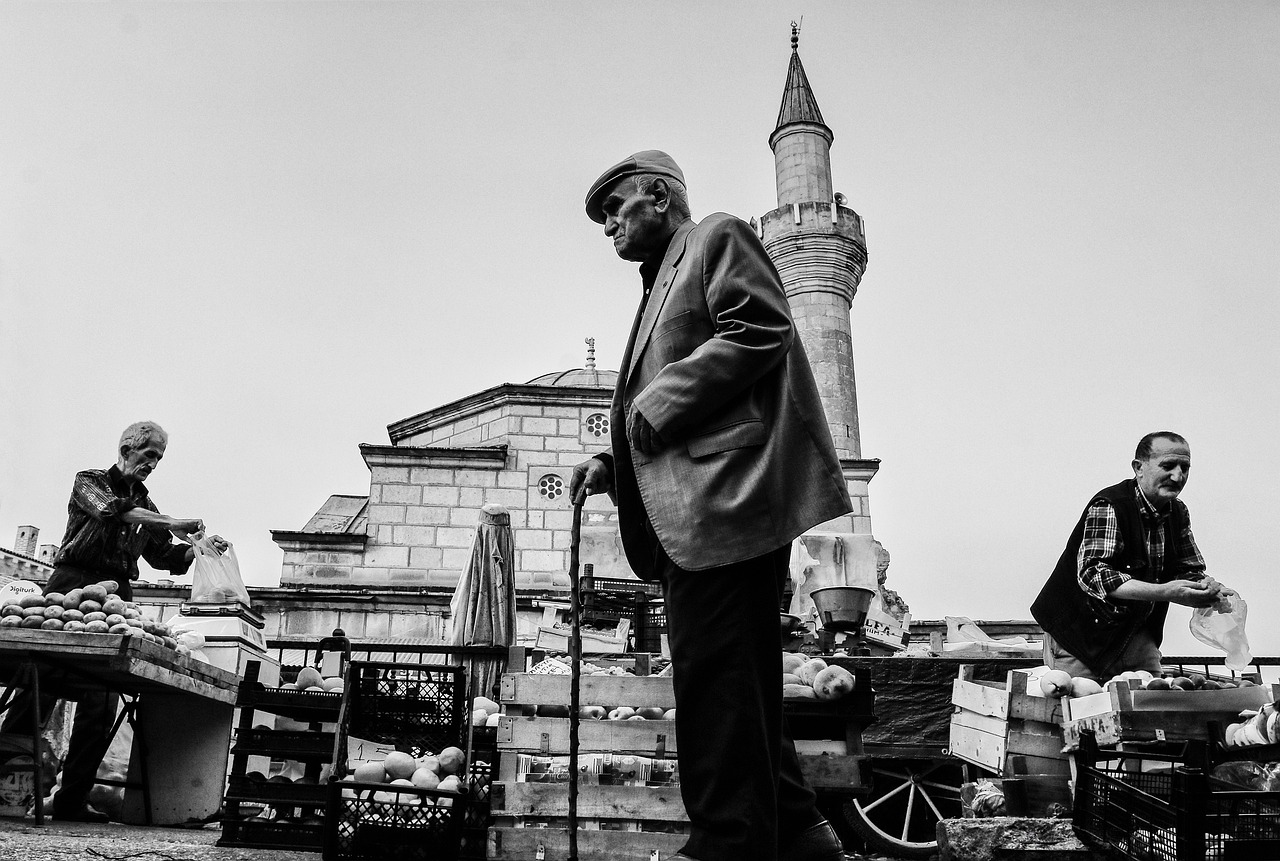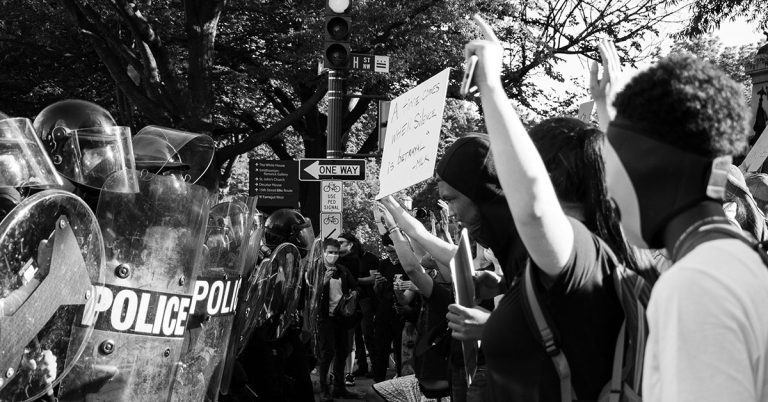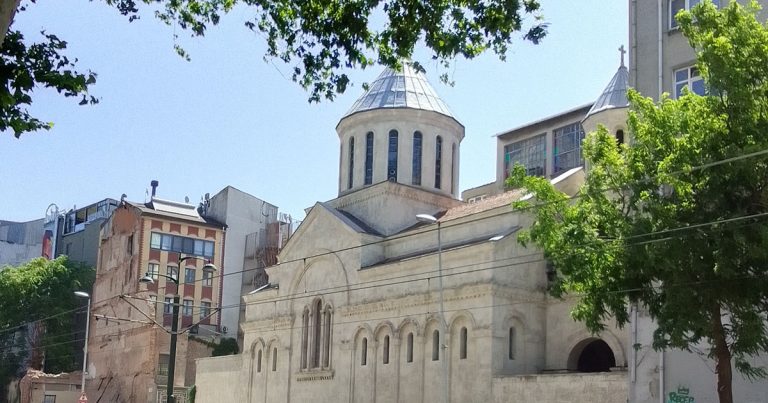
by Elisabeth Özdalga
The core of her new book Pulpit, Mosque and Nation, author Elisabeth Özdalga explores five key aspects of Turkey’s Friday preaching.
1. A Secular State Housing Thousands of Mosques and Pulpits
Every Friday, millions of Muslims all over the world gather for the Friday noon service. In Turkey alone, around 20 million believers (more than half of the male population) come together in the country’s 85,000 mosques in order to participate in the Friday sermon. Within Islam, governing authorities have always taken advantage of these well-attended gatherings in order to reach out to their peoples. In modernizing societies, where preservation of the nation – as state and community – is a key issue, Friday noon worship has obtained new significance.
This is especially true for Turkey, where the state, since the establishment of the Republic in 1923, has imposed an order based on secularism and ethnicity, that is Turkish nationalism under strict central control. Friday preaching (hutbes) was part of these early reform projects. Not only were the attributes of a good believer delineated, but the exemplary features of a loyal citizen and a faithful national were drawn up too. Because of this, the investigation of official Friday sermons adds new insights into the country’s citizenship and nationalist discourse, apart from the already well-known symbolisms of military paraphernalia, heroic monuments, and school ceremonials.
2. One Sermon – One Nation: Distribution of Friday Preaching
Today the religious institution Diyanet distributes each week’s sermon – hutbe – online. From the grand mosques in Ankara and Istanbul to the mosques or mescits in the remotest villages in central and eastern Anatolia, the same sermon is printed out and read aloud by the imam or preacher to their respective congregations. Before Internet, Diyanet published a fortnightly (later monthly) magazine containing several hutbes to be used during the Friday noon service. Even earlier on, during the first decades of the Republic, Diyanet called on the imams to use a couple of specially produced, authorized hutbe collections. Although the technical means differed over the decades, the aim was the same: to unify the nation around the same, or streamlined sermons.
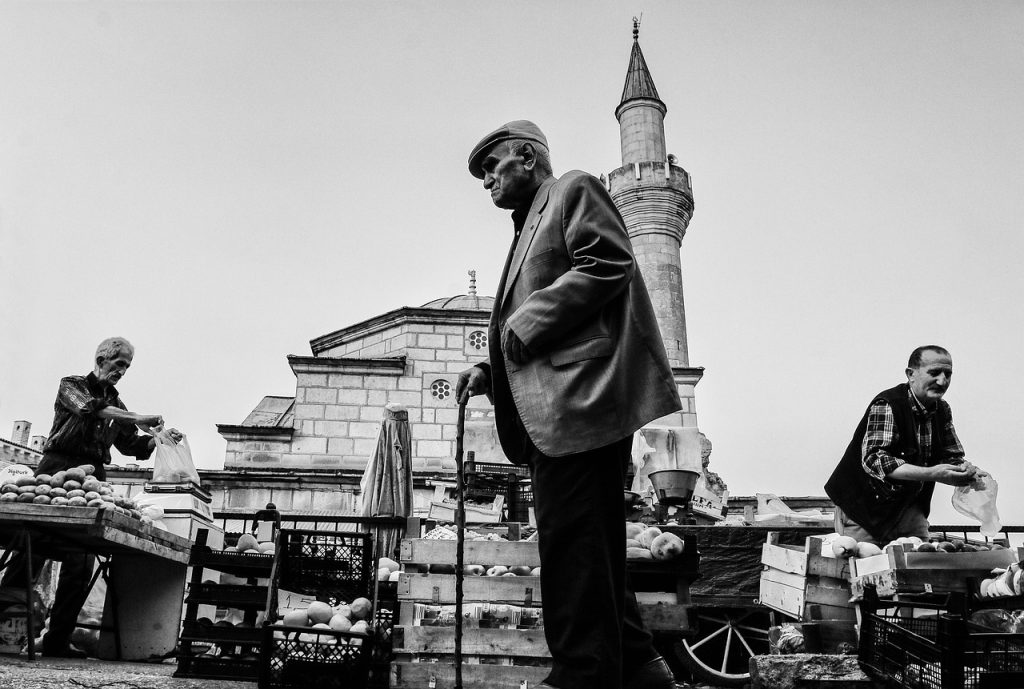
3. Preaching Ready-Made (‘Canned’) Sermons
In Turkey the pulpit is overshadowed by the mosque in more than one sense. You can’t expect much engagement from an imam, who, instead of preaching his own words, delivers a text composed by a distant sermon-writing committee. First to suffer are the audiences, who more often than not turn a deaf ear. The significance of gathering as a congregation and participating in the liturgical ritual therefore outruns the strength of the sermon itself. Preaching communal and national ‘unity and togetherness’ (a recurring phrase) conveys a message less powerful than that veiled in the experience of sharing a common ritual.
4. Central Control and Its Dilemmas
It has not escaped the attention of the religious authorities that delivering the same sermon to the whole nation is dysfunctional. Turkey is a country of huge socio-economic discrepancies and ideological-political antagonisms. Sermons aimed at everyone run the risk of being so unspecific and abstract that they end up speaking to nobody. Around the turn of the millennium, Diyanet spent efforts decentralizing its hutbe writing by authorizing each provincial mufti head-quarter to set up their own sermon committees. However, before taking root these efforts were trodden underfoot by the increasingly authoritarian rule of the Islamist Justice and Development Party, AKP.
5. A Vision Waiting to Come Through
The founder of modern Turkey, Mustafa Kemal Atatürk, once orated that to define the aims of the nation was a duty to be shouldered by all members of society, not just a narrow elite. Put forward from a mosque in the western part of the country this vision spoke of an open, participatory society.
What happened to that vision?
Turkish citizens have continued to congregate during the Friday hutbes, thereby corroborating a sense of symbolic unity nourished by religious beliefs and rituals. However, the advised dialogue between preacher, congregations, authorities and the larger society on common national issues has not been forthcoming. True, there have been periods marked by efforts to infuse fresh life into hutbe oratory, but in general the formation of an open-minded elevating discourse has failed to appear. However, what happens within the field of hutbe oratory is closely linked to the problem of consolidating democracy and an open society; two faces of the same vision, still waiting to come through.
Note: Turkish Sermons in English Translation
Pulpit, Mosque and Nation contains English translations in full of a number of hutbes, published in Diyanet Gazetesi during the 1970s, and a large number of excerpts from an authorized hutbe collection from 1927/28.
About the Author
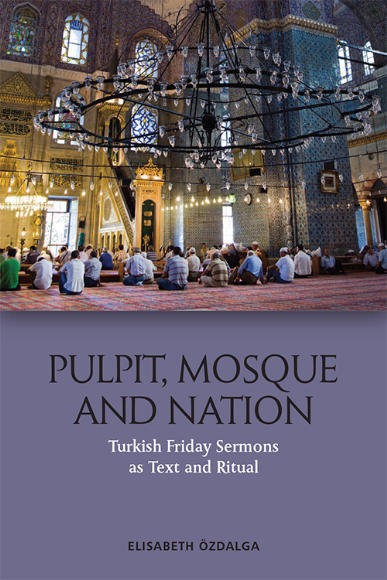
Elisabeth Özdalga is a former Professor of Sociology, Middle East Technical University, Ankara. She also has long affiliation with the Swedish Research Institute in Istanbul. She edited (with Simon Stjernholm) Muslim Preaching in the Middle East and Beyond: Historical and Contemporary Case Studies (EUP, 2020) and her latest book Pulpit, Mosque and Nation: Turkish Friday Sermons as Text and Ritual (EUP, 2022) is available now.
Read more from Elisabeth Özdalga: Five Essentials of Muslim Preaching.


